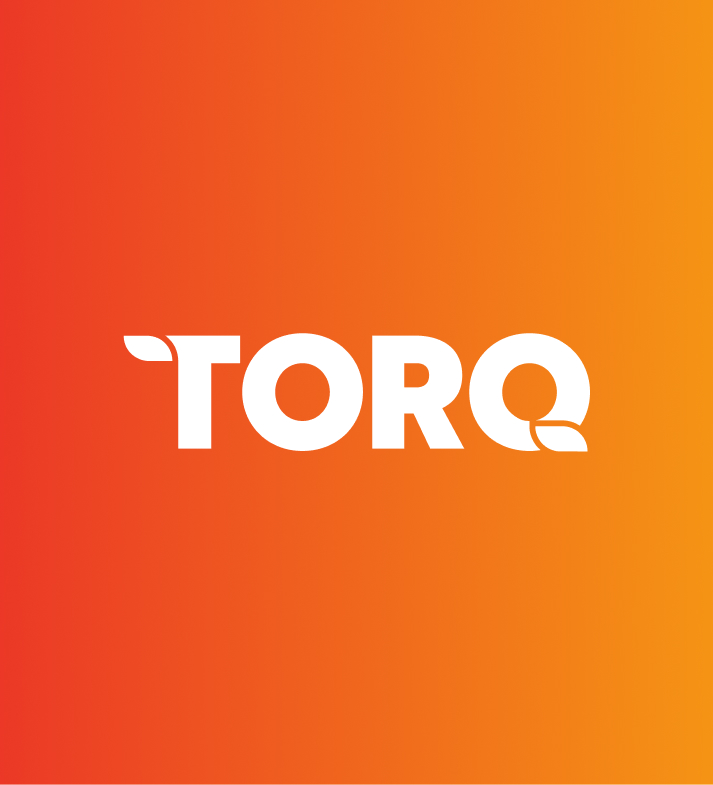Brand purpose
Brand purpose refers to the fundamental reason for a company’s existence beyond profit generation and encapsulates its values, beliefs, and impact on society.
A well-defined brand purpose acts as a compass, steering business decisions, messaging strategies, and initiatives towards a cohesive direction. It not only provides clarity internally but also resonates authentically with consumers, fostering deep engagement and loyalty among those who identify with the brand’s higher mission. By embodying values beyond mere product or service offerings, a strong brand purpose establishes an emotional connection, driving meaningful relationships with customers who share its vision, ultimately contributing to long-term success and sustainability in the market.
Introduction to brand purpose
A brand’s purpose is foundational, reflecting its core values and vision and guiding the organisation’s actions, decisions, and intended impact. Ideally, a brand’s purpose should be considered at the very inception of the organisation. Establishing a clear purpose from the start not only provides a roadmap for all future decisions and initiatives but also helps in aligning the brand’s strategic goals with its daily operations. The concept of brand purpose originated from the need to differentiate businesses in a crowded marketplace, not just by what products they offer or services they perform but by the values they stand for and the broader contributions they make to society.
What is a brand purpose, and why is it important?
A well-defined brand purpose not only aligns the organisation’s objectives with its positive impact on individuals, communities, or the broader world but also serves as a guiding principle informing business decisions, shaping messaging, and directing initiatives. This holistic approach not only fosters authentic engagement but also cultivates loyalty among consumers who deeply connect with the brand’s higher mission, thereby amplifying its influence and significance in the marketplace.
The role of brand purpose
A brand’s purpose defines why an organisation exists, provides its direction, and serves as a foundation for decision-making.
Benefits of brand purpose
A well-defined brand purpose can function as a powerful marketing tool as it informs a brand’s identity, thus influencing the trustworthiness and overall perception of an organisation. Overall, an established brand purpose increases engagement and customer loyalty.
Supporting your users needs
Create meaningful connections with customers
Develop a strong authenticity
Create a long-term vision
The 5 stages of developing brand purpose
Stage 1: Kick-off workshop
During the workshop, the organisation’s history, products and services, audiences, potential customers, competitors, and any existing strategies are recorded.
Stage 2: Review materials and research
Next, the material supplied by the client will be reviewed and synthesised into the following clusters: company, customer, context and competition.
Stage 3: Workshop
A second workshop will include all attendees from the kick-off workshop. This workshop entails a review of the insights clustered in stage 2 and gathers feedback.
Stage 4: Purpose definition
Next, all information gathered so far is examined and evaluated. Two concise and powerful statements that capture the central purpose of the brand will be crafted – these should be brief, impactful and motivating.
Stage 5: Iteration
The key statements will be iterated upon feedback from the client.
What’s included
The framework will consist of the chosen and approved main statement or purpose and practical examples of how it can be put into action and used. If any research or analysis regarding the audience, competitors, or the company’s goals has been conducted, this will also be incorporated into the final document.
Why choose Make it Clear
At Make it Clear, we take an evidence-based approach to everything we do. Understanding your organisation, audiences, and the context in which they interact is paramount to how we work and deliver a best-in-class user experience.



